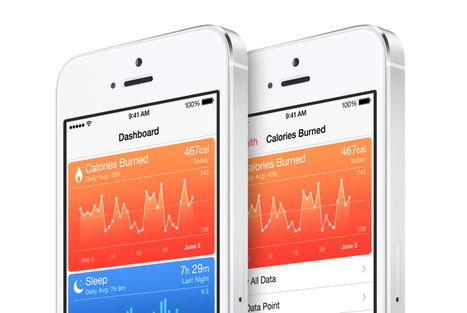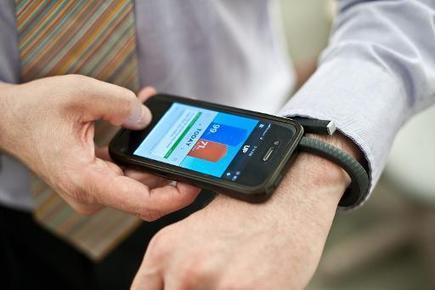A lot of startups are starting to offer mobile tools to serve as “first lines of defense” for concerned consumers. A natural extension to patient education, they serve as the first line of diagnosis.
Dermatology is a particularly attractive area for this because of a national shortage of dermatologists in the United States.
Clinical decision support tool maker VisualDx officially launched Aysa, its first consumer-facing app, last month at Health 2.0 in San Francisco. The app allows users to upload pictures of skin lesions or rashes, enter some additional information about themselves and receive suggestions of what condition they might have and what actions to take next.
VisualDx stands out as a company that’s moving from provider-focused clinical decision support into the consumer world, which should lend it more credibility to its platform.
The app uses machine learning to identify skin conditions and make treatment suggestions.
services like this are crucial, even acknowledging their limitations, because people are already looking online for medical answers, so they might as well have the best ones possible.
CEO Dr. Art Papier in conversation with MobiHealthNews said
“We know that everybody searches Google with their symptoms or they go to WebMD and use a symptom checker,” he said. “So the real question is how do you develop something that’s an educational symptom checker that’s safe? The art of this is to do a better job of educating so people know on a weekend, do I need to run to urgent care on a weekend, or can I get some better information that will help me make some decisions and then I’ll see the doctor later if necessary.”
read the original story at https://www.mobihealthnews.com/content/visualdx-launches-aysa-consumer-facing-dermatology-app
Via nrip



 Your new post is loading...
Your new post is loading...










Tech solutions which offer at-home services like this are crucial, because people are already looking online for medical answers, so they might as well have the best ones possible. It definitely helps one get an insight as to what to search for rather than search the whole world wide web and drive up paranoia.